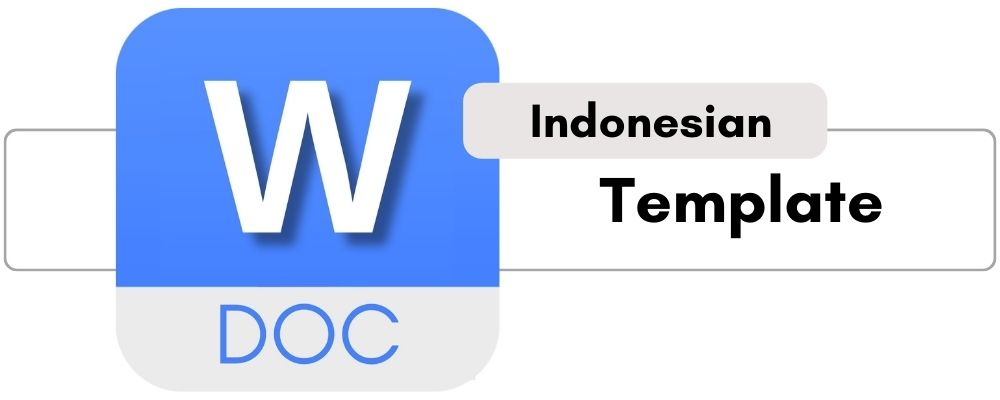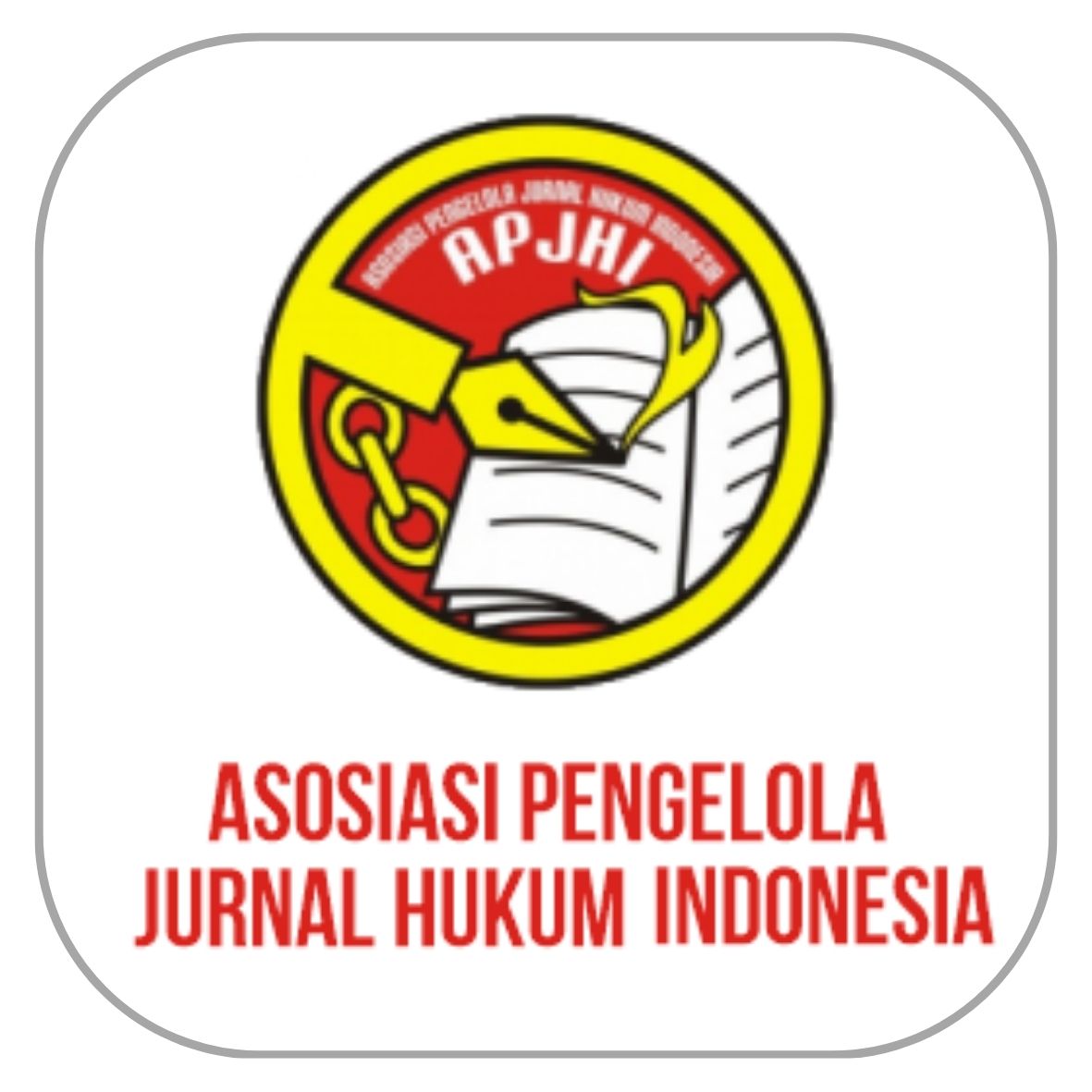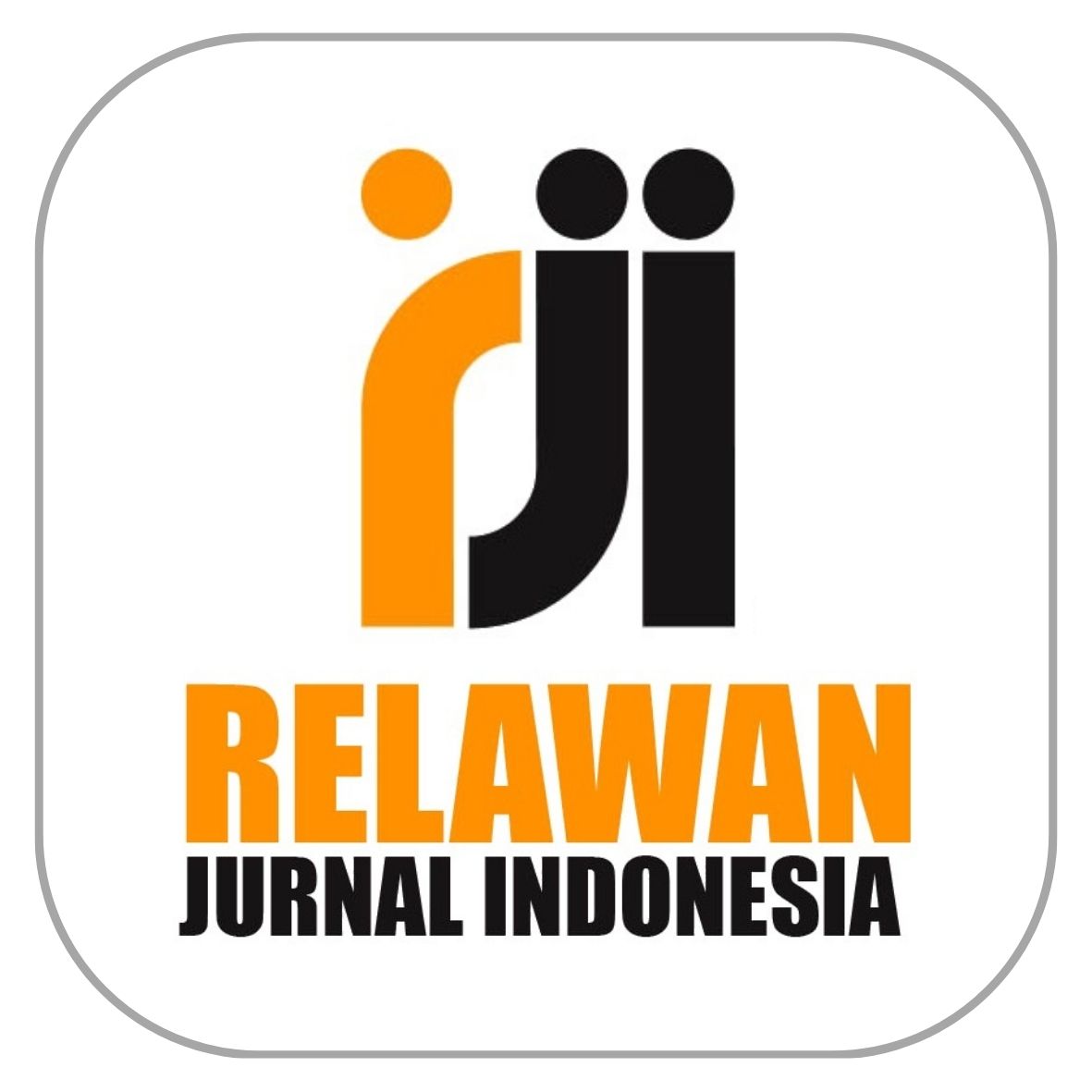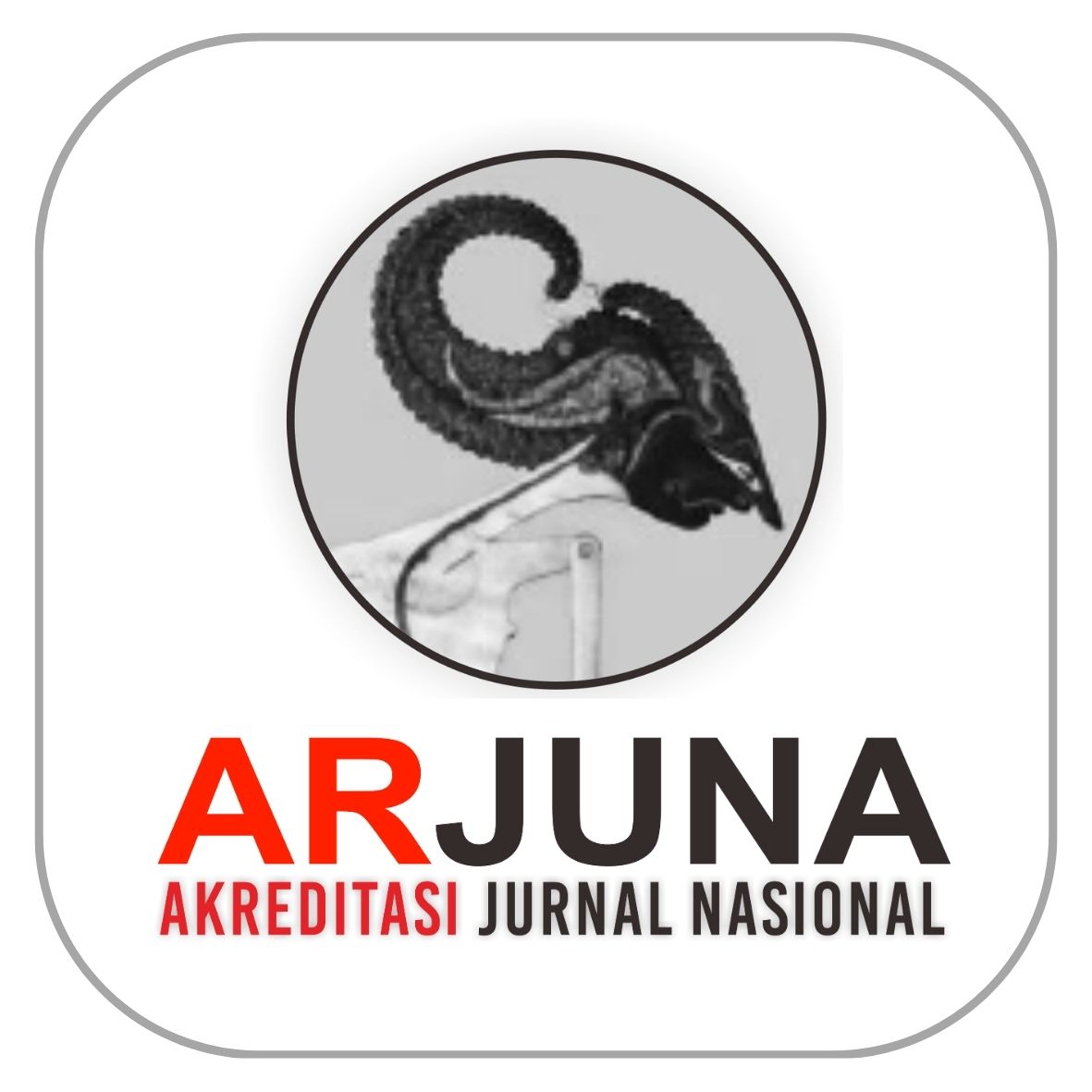CRIMINAL EXECUTION EFFORTS ON CRIMINAL CASES OF CORRUPTION WHICH HAS BEEN A FOREIGN CITIZEN (CASE STUDY OF DJOKO SUGIARTO TJANDRA'S NAME)
Dewi Shinta
DOI:
https://doi.org/10.46257/jrh.v23i1.56Keywords:
Criminal Execution, Corruption, Foreign CitizensAbstract
Corruption is one form of crime that is still a serious problem. The formulation of the problem is how the truth of legal efforts against convicted corruption cases in foreign countries that have become foreigners (case study on behalf of Djoko Sugiarto Tjandra). The purpose of this study is to analyze the truth of legal remedies against convicted corruption cases in foreign countries that have become foreigners. Its usefulness is expected to provide information on legal remedies against convicted corruption cases in foreign countries that have become foreigners. The research method used is normative and empirical legal methods. Research results show that the perpetrators of corruption who fled abroad, in the case of Bank Bali namely Djoko Soegiarto Chandra, the government in returning it to the land requires a long effort. In assessing the foregoing, the State is requested to conduct an 'evidentiary test' on the legal provisions and supporting evidence and to cross-examine the provisions of national law. The Central Authority must conduct a thorough legal analysis and complete with the documents, and if not prepared as an attachment to the MLA application may result in the application being delayed long enough or going back and forth until the documents are complete. The Central Authority should be the agency that can give priority to the submission of mutual legal assistance requests from foreign countries as well as submitting mutual legal assistance requests requested by the Indonesian State in accordance with the seriousness of the criminal acts committed and the urgency of the request. The conclusion that the legal remedies carried out are legal defects because the review process submitted by the Prosecutor is not in accordance with Article 263 Paragraph (1) of the Criminal Procedure Code
Downloads
References
Evi Hartati. Tindak Pidana Korupsi. Semarang, Sinar Grafika, 2012
Gautama, Sudargo. Pengertian tentang Negara Hukum, Bandung. Alumni, 1983.
Marzuki, Peter Mahmud. Penelitian Hukum, Jakarta. Kencana, 2005
Muladi dan Barda Nawawi Arief. Teori-Teori dan Kebijakan Pidana. Bandung, Alumni, 2005.
P.A.F Lamintang, Dasar-Dasar Hukum Pidana Indonesia, Bandung. Citra Aditya Bakti, 1997.
Poerwardaminta, WJS. Kamus Besar Bahasa Indonesia. Balai Bahasa. Jakarta. 1986.
Rianto, Bibit S, Korupsi Go To Hell!! Mengupas Anatomi Korupsi di Indonesia, Jakarta, Hikmah, 2009.
Soekanto, Soerjono. Faktor-Faktor yang Mempengaruhi Penegakan Hukum. Raja Grafindo Persada. Jakarta. 2007.
Soekanto, Soerjono. Penelitian Hukum Normatif: Suatu Tinjauan Singkat, Jakarta: PT. RadjaGrafindo Persada, 2007
Sastrawidjaja, Sofjan. Hukum Pidana, Bandung. Armico. 1995.
Tongat. Dasar-Dasar Hukum Pidana Indonesia Dalam Perspektif Pembaharuan. Malang. UMM Press. 2009
Tutik, Titik Triwulan. Pokok-pokok Hukum Tata Negara Indonesia Pasca Amandemen UUD 1945. Cerdas Pustaka
Indonesia. Undang-Undang Nomor 1 Tahun 1979 tentang Ekstradisi.
. Undang-Undang Nomor 31 Tahun 1999 tentang Pemberatasan Tindak Pidana Korupsi
Info Singkat Hukum, Vol. IV, NO. 12/II/P3DI/Juni/2012, Pencegahan dan Penangkapan Pelaku Tindak Pidana Korupsi yang Melarikan Diri ke Luar negeri, Novianto M. Hantoro, berkas.dpr.go.id. diakses tanggal 10 Januari 2018






























































